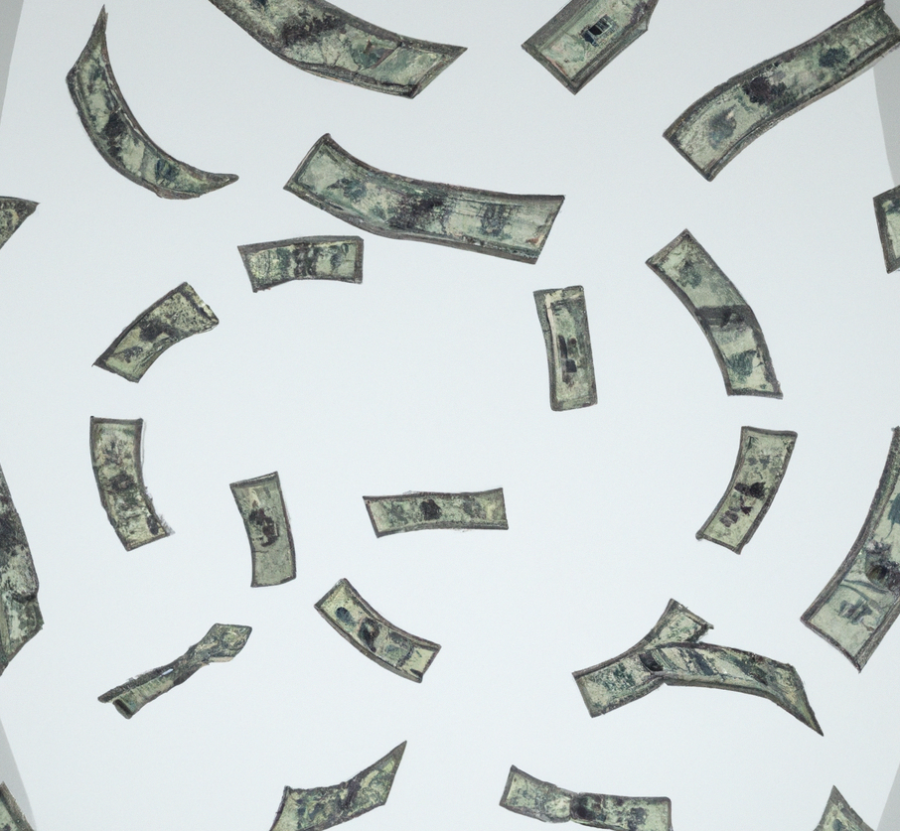A severe debt ceiling crisis in the United States threatens to unleash a cascade of destructive consequences if left unattended. The debt ceiling is a mechanism used by the Congress that authorizes borrowing to fund previously approved projects. In January, the debt limit of $31.4 trillion was reached. The failure to address this by June 1 could plunge the country into a chaotic financial turmoil.
Contrary to popular belief, money isn’t inherently tangible. Rather, money is a construct that relies on collective trust and the smooth functioning of society. The US dollar, a fiat currency, doesn’t get its value from a physical asset such as gold, but instead derives it from the confidence and trust placed in the US government’s ability to honor its debts and fulfill its financial obligations. In turn, this trust makes the US Treasury Department’s debt offerings extremely reliable and secure, attracting buyers from all across the globe.
For decades, the US has responsibly and consistently raised its debt limit to meet its financial obligations. In fact, the debt ceiling has been raised 78 times since the 1960s. However, in recent times, the topic has been a contentious issue in the Congress, usually resulting in partisan clashes. As a result, the debt limit has been suspended 7 times, most notably during the Trump administration.
If the US government does not address this issue, the government will not be able to honor its commitments and pay back the buyers, leading to a default for the first time in US history. A default of this magnitude would trigger a series of catastrophic events, destabilizing the stock markets and other financial institutions.
AP US Government and Politics teacher Joe Youngbauer believes that the default could hold disastrous results. “It would not just cause a government shutdown in the United States. It would send waves of economic impact throughout the world,” Youngbauer shared.
The US is already reeling from the collapse of four banks earlier this year. Not addressing the current situation would make the situation worse than those collapses and the predicted results of the 2011 and 2013 debt crises due to a new factor: artificial intelligence.
AI algorithms influence a substantial portion of current financial markets and this makes the market extremely volatile. Automated triggers and algorithmic responses have the potential to trigger mass layoffs as corporations receive alerts when specific market thresholds are breached.
Senior Atharv Neema, a student going into finance and data science, believes that AIs make the whole situation unpredictable. “Before, there was usually a measure on the worst case scenario and we could actually plot it out. This, on the other hand, is a whole different territory and it’s going to take years to master accurately predicting the impact of AI during such crises,” Neema shared.
Due to AI’s unpredictable nature, it is estimated millions would lose their jobs as a result of the layoffs. Not only would this affect the US economy, but also the global economy, as the US economy is a crucial pillar of the world’s financial stability.
This crisis could be averted if the debt ceiling is raised by June 1, but a political gridlock is exacerbating the issue. Speaker of the House Kevin McCarthey was unable to convince the government to unite and pass a bill to raise the debt ceiling. The diverging priorities of both parties leaves the country in a vulnerable state. Congress needs to come to a consensus to stop the impending catastrophic economic disaster.
“The Republicans want to cut spending so that’s why they don’t want the limit raised. On the other hand, the Democrats want to spend more money and raise the debt ceiling. There needs to be a compromise in the middle for this political gridlock to change,” Youngbauer stated.
As the June 1 deadline approaches, policymakers need to acknowledge the gravity of the situation, prioritizing the nation’s economic well-being over political considerations. The situation surrounding the debt ceiling crisis may be dire, but decisive and cooperative action can still avert the imminent disaster.







Molly • Sep 8, 2023 at 12:58 pm
The debt ceiling could have a huge impact if it wasn’t raised. Good thing that we did!